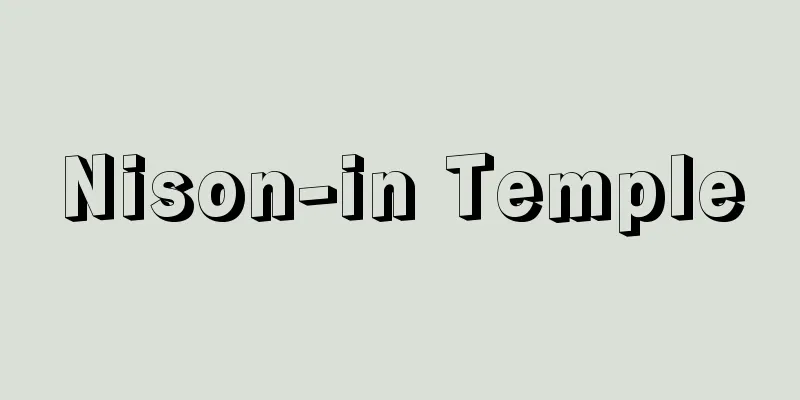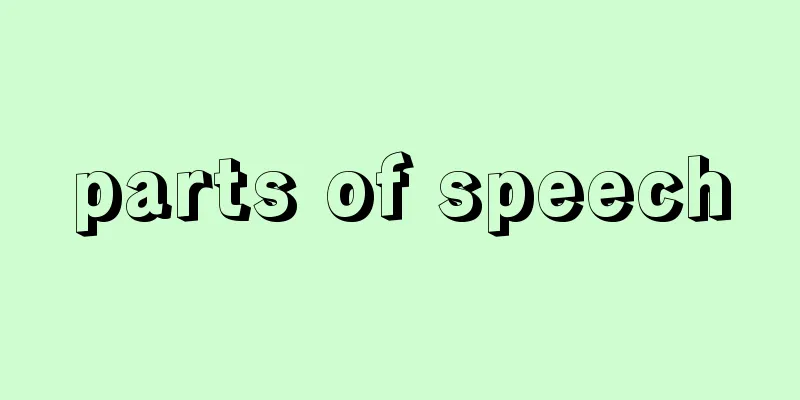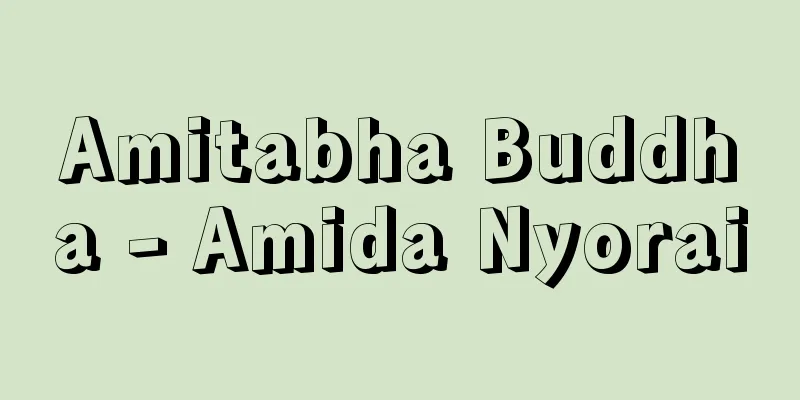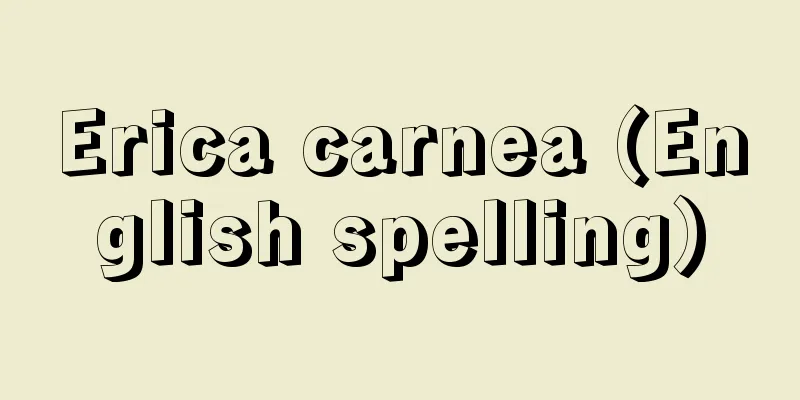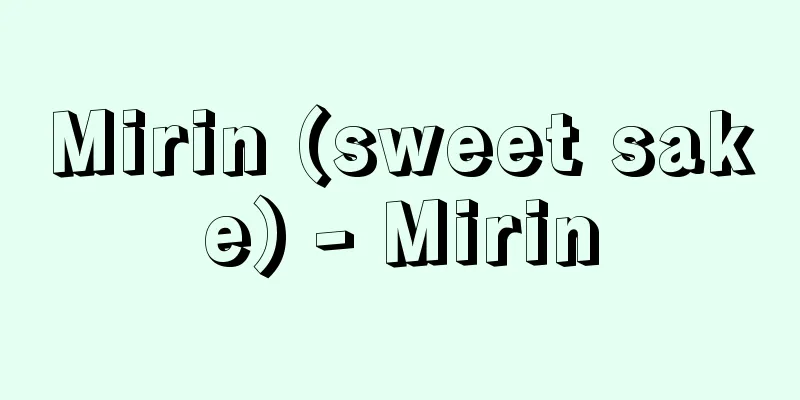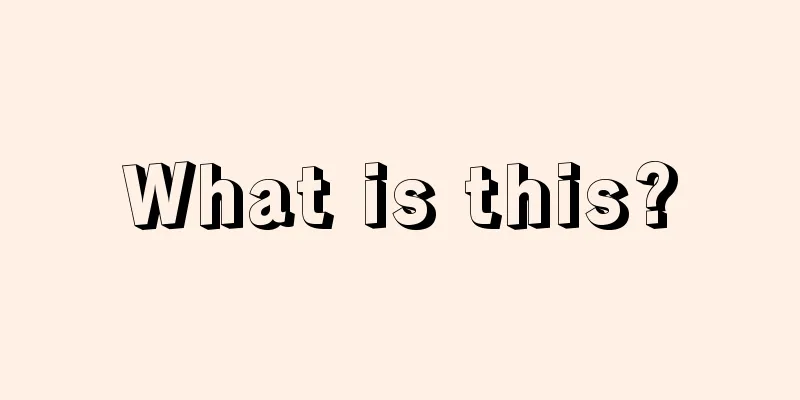Parliament
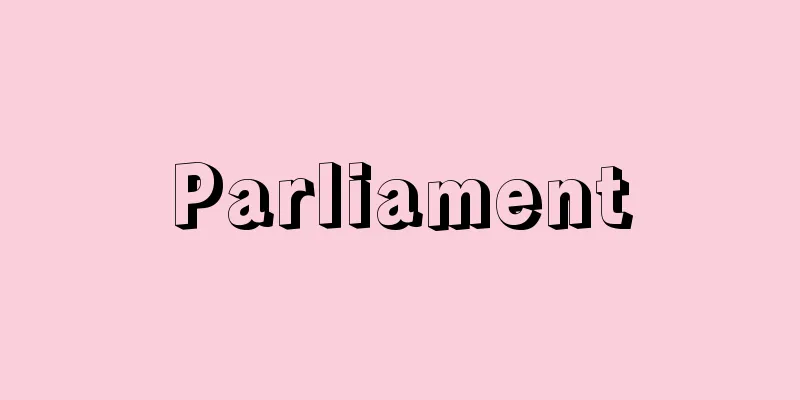
|
In modern states, a parliamentary body has the power to legislate and exercise control over national affairs through the exercise of various powers, including the power to deliberate on the budget. At least one of the houses has its members elected by popular vote, especially in today's constitutional states. In the UK it is called Parliament, in the US it is called Congress, in France it is called Chambre, and in Germany it is called Volksvertretung. *Some explanations of terms that mention "Parliament" are listed below. Source | Heibonsha World Encyclopedia 2nd Edition | Information |
|
…近代国家において,立法権をもつほか,予算審議権をはじめとする諸権能の行使を通じて国政一般にわたるコントロールを及ぼすことを任務とする合議体で,少なくともその一院については,選挙によって,とくに今日の立憲主義国家では普通選挙によって,議員が選出される。イギリスではParliament,アメリカではCongress,フランスではChambre,ドイツではVolksvertretungという。 ※「Parliament」について言及している用語解説の一部を掲載しています。 出典|株式会社平凡社世界大百科事典 第2版について | 情報 |
<<: Parler, P. (English spelling) ParlerP
>>: Parliamentary mercantilism
Recommend
Pseudopupa - Giyou
appear during insect metamorphosis, pupa Chrysalis...
Even function
For a function f ( x ) of x , if f ( -x ) = f ( x ...
Shima [town] - Island
A former town in Shima District, eastern Mie Prefe...
Giant city - Giant city
⇒Megapolis Source: About Shogakukan Digital Daijis...
Crime of Assembling a Weapon - Kyokijunbikeshuuzai
The crime of assembling a group of people with wea...
Bumblebee (round flower bee) - Bumblebee (English spelling)
A general term for insects of the subfamily Bombin...
Miyamoto Musashi
Year of death: 13 June 1645 (2nd year of the Shoho...
Shanks, W.
…Furthermore, there is a continued fraction, . Th...
accumulation point
...A set can generally be given a variety of diff...
Oshima (Nagano) - Ojima
…It is located almost in the center of the Ina Ba...
Canary, MJ - Quite
…A female hero of the American West. Her real nam...
Onoe Kikujiro (3rd generation)
...Born in Osaka. After studying under Nizaemon K...
Oroetes - Oroetes
…In 525 B.C., during the Persian invasion of Egyp...
M87 - M87
…The core is thought to be a black hole, and the ...
Potonié, H.
…At that time, it was discovered that fossils of ...
